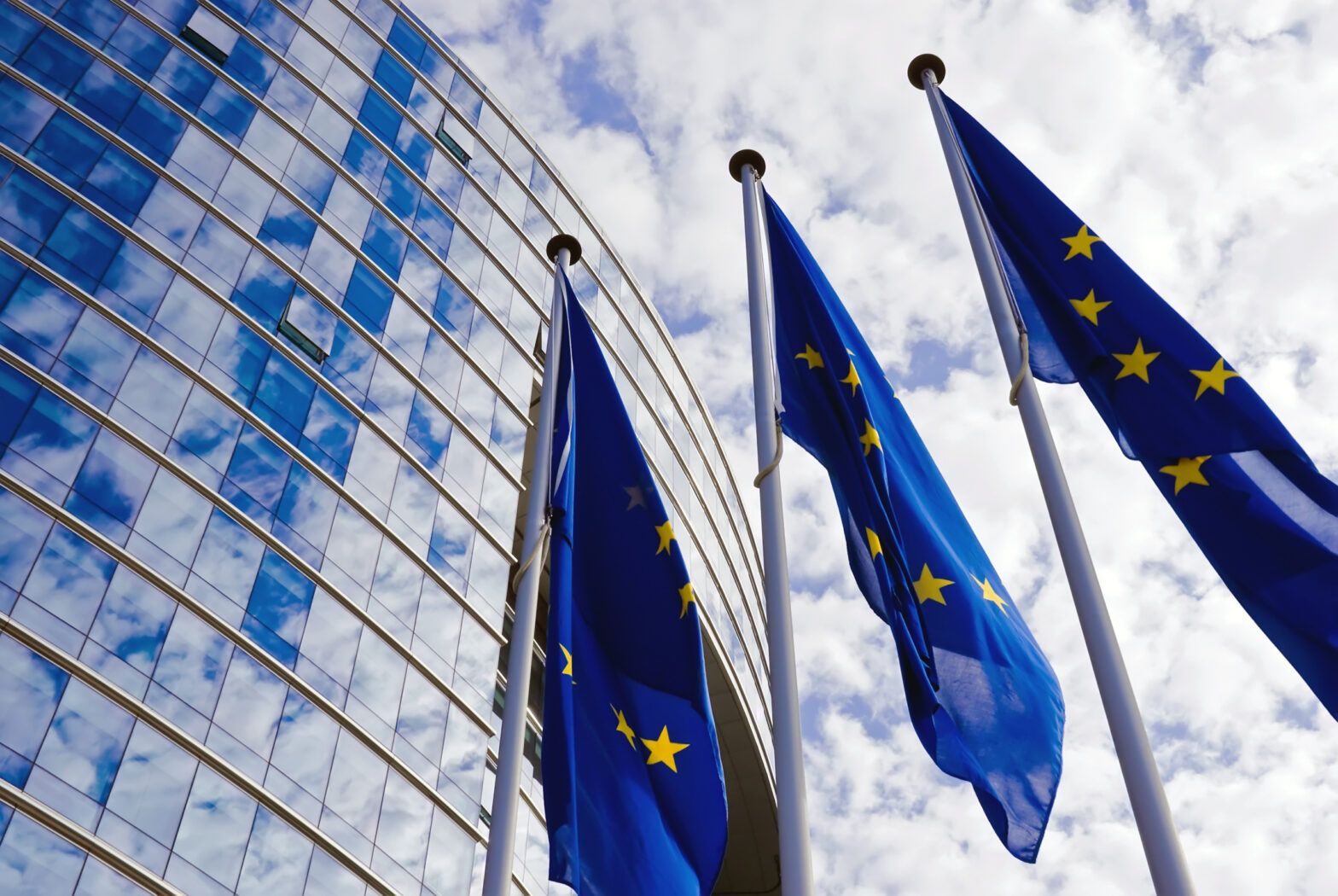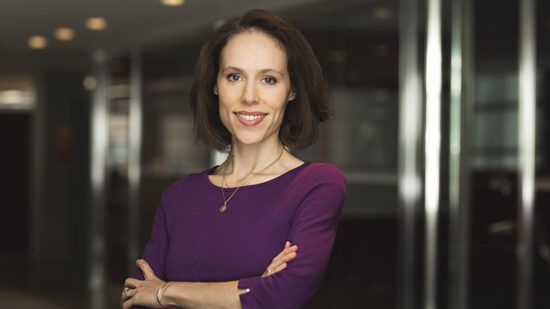The setting of global ESG standards is an issue of key urgent importance for financial institutions and regulators alike, but politicians should not be allowed to make it a political issue, according to a panel of experts at an Investment Association conference on Monday.
Speaking at the panel for the IA Sustainability and Responsible Investment Virtual Conference, Sirpa Pietikäinen, member of the European Parliament, said there needs to be a “sense of urgency” when it comes to setting global standards, as “we do not have the luxury to wait 10 or 20 years to create the perfect disclosure system for sustainable standards”.
“We need to be climate neutral by 2030,” she said. “But I wouldn’t put that in the hands of the politicians. Let the specialists deal with it. We don’t vote in parliament on how you make returns on investment and this is the same. If this is a political game, it is not worth doing.”
We don’t vote in parliament on how you make returns on investment and this is the same.
Sirpa Pietikäinen, member of the European Parliament
Cuan Coulter, head of EMEA for State Street Global Advisors, agreed that “the politicization of this issue could leads to perverse or suboptimal outcomes”, adding that he expects most of his firm’s clients would support “the concept of large cooperative international standard setting”.
However, Coulter also noted that “the dynamic between technocrats and industry in the UK represents something unique and special”, where constructive dialogue is possible between policy makers and industry.
“It is something to be proud of and careful of as well,” he said. “As a UK industry we need to continue to be front-footed.”
Mainstream issue
In addition, the panellists agreed that ESG standards must encompass the whole industry and be integrated into every investment process in the future, rather than just a small number of investments.
Peter Harrison, group CEO of Schroders, said “It is absolutely critical we get it right, but also critical we make it a mainstream issue rather than a narrow issue. We have to get back to addressing what our end clients need and avoiding narrow standard setting.”
Paul Andrews, director general at the International Orgnization of Securities Commissions (IOSCO), said the aim of the regulatory body when it comes to creating ESG standards is to “try to bring people together, have some conversations about where are the commonalities? What type of framework could we potentially agree on?”.
However, he also emphasised that IOSCO does not want to be “too prescriptive”, because this would mean “cutting out too many nations that can’t fit those principles”. “The goal is to make sure that you are not over-inclusive but you don’t cut anyone out either,” he said.
Challenges
Andrews admitted that so far, IOSCO has been “a little bit late in getting involved with these issues”, but said the regulatory body has ramped up its focus on ESG over the last 18 months, while the Covid-19 pandemic has “been a good impetus to speed up our involvement”.
In April, IOSCO released an extensive report looking at sustainability in finance which identified three key challenges: lack of ESG data and disclosures, greenwashing and how investment managers use ratings, sustainability standards, and make their disclosures.
“Now we have created a taskforce to pick up the themes we have identified,” he said. “We are going to try to get at the issue of disclosures and try to find a way to harness various different disclosures into something cohesive, more transparent, and hopefully more standardised. We believe it will be a huge value-add to the industry at large.”
Andrews said IOSCO will be having conversations with the investment community to inform this research and firms can expect to hear something on this by October 2021, while additional information and reports can be expected in early 2022.
Meanwhile, Coulter added that the industry must not underestimate the task ahead: “There is currently a scarcity of data, but very quickly there will be a plethora of data. Getting standards right and data conformed will be a big task ahead of us.”
However, all panellists agreed the EU and the UK are in the leading position when it comes to creating a common standard for ESG disclosures.
Andrews added: “Even an institution like IOSCO is only as good as the membership that makes our organisation. If there is a way to help convince some of the decision makers in some of the more important countries that this is a real issue that needs to be dealt with in real time, then that would help stop us from kicking the can down the road.”








